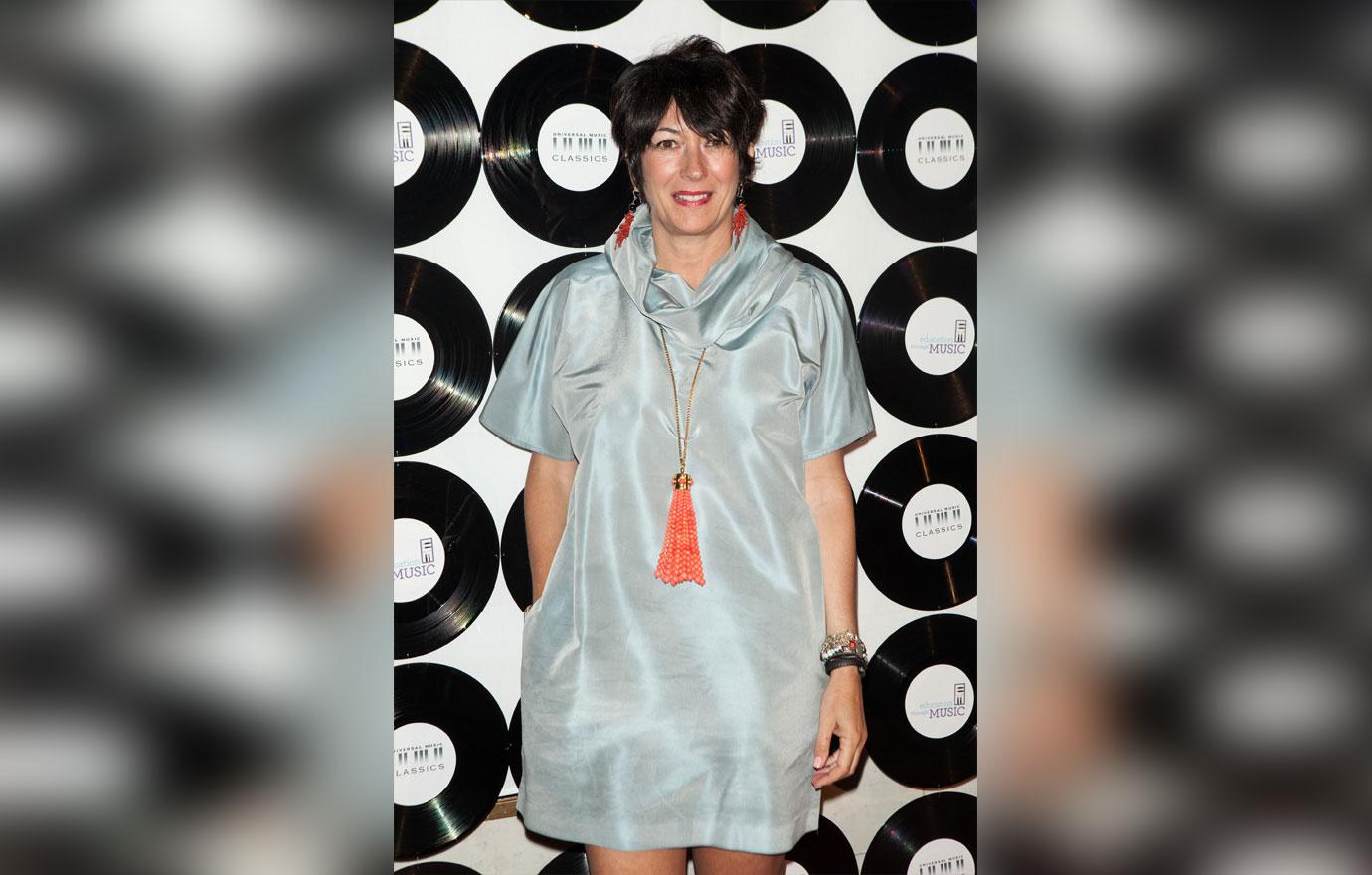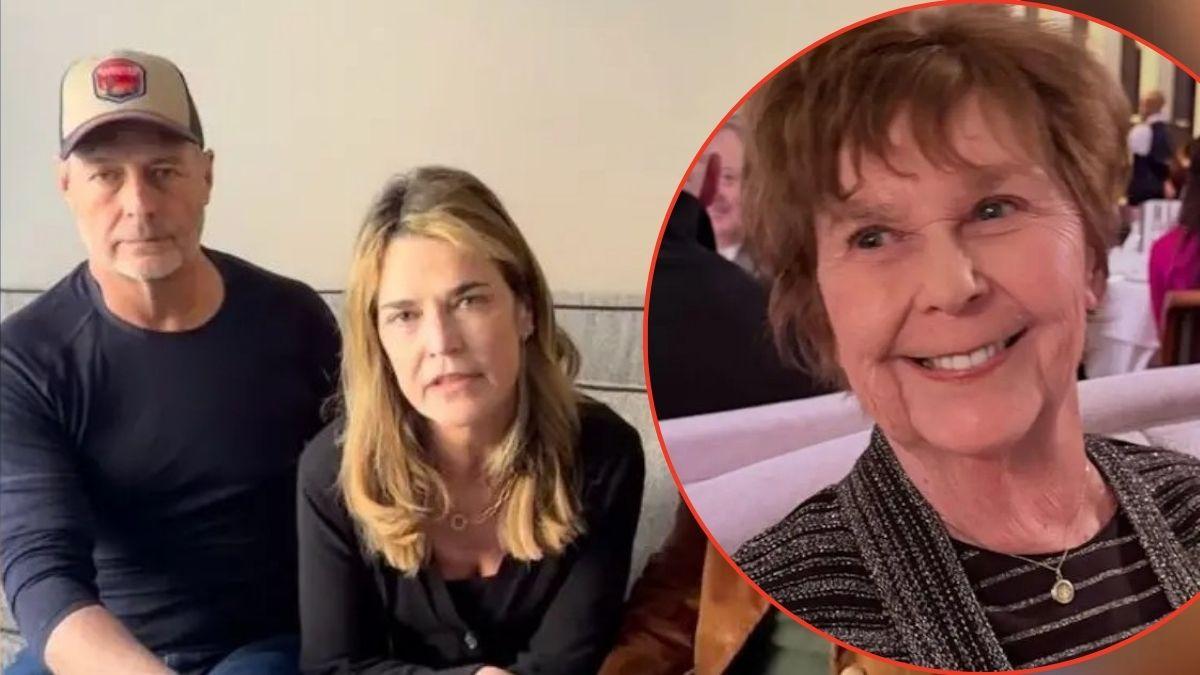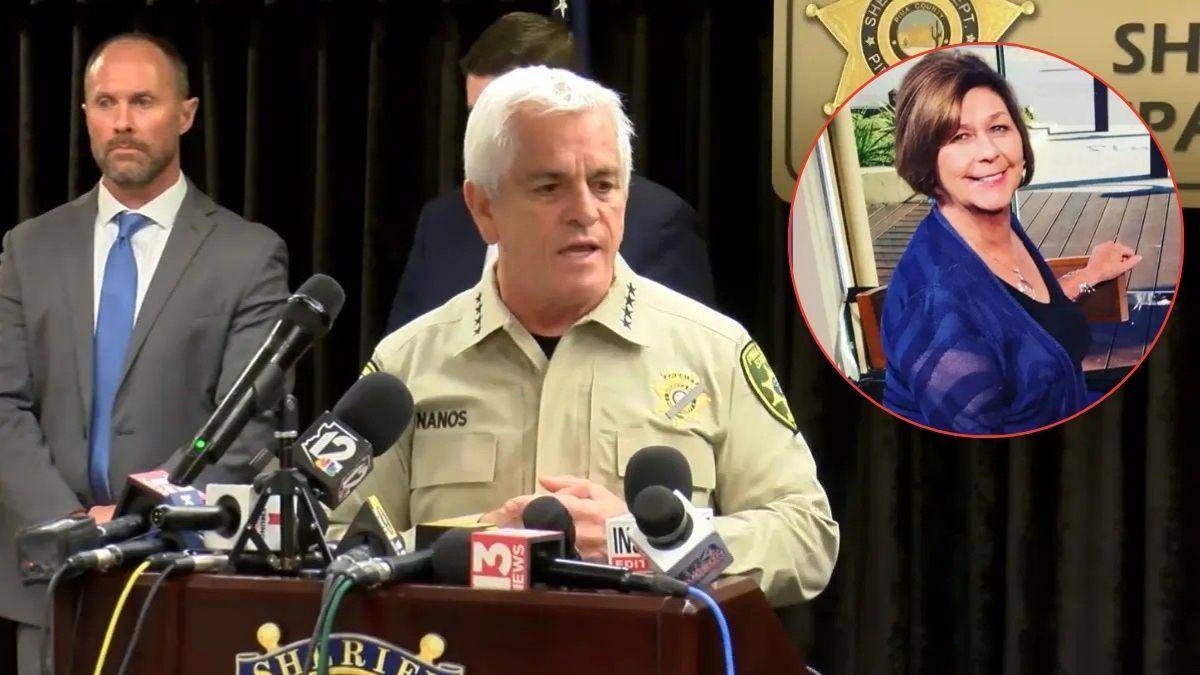Ghislaine Maxwell Could Appeal Her Conviction On These 4 Grounds, Judge Likely To Be Blamed
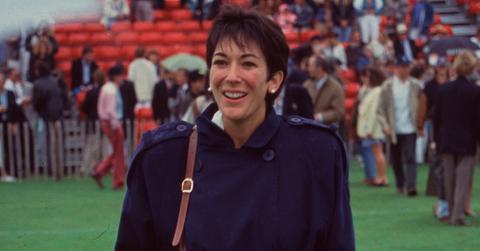
Dec. 30 2021, Published 3:49 p.m. ET
Recently convicted Jeffrey Epstein accomplice Ghislaine Maxwell has four potential grounds for filing an appeal, according to a legal analysis from The Daily Mail.
As RadarOnline.com reported, the 60-year-old disgraced socialite was found guilty on five of six counts of recruiting, grooming and trafficking underage girls for the late billionaire and accused pedophile to sexually abuse.
In a New York federal courtroom on Wednesday, a jury made up of six men and six women handed down its verdict after six days of deliberating as part of the U.K. native's month-long criminal trial.
Maxwell was convicted of conspiracy to entice a minor to travel to engage in illegal sex acts, which carries a maximum sentence of five years in prison; conspiracy to transport a minor with the intent to engage in criminal sexual activity, which carries a maximum sentence of five years in prison; transporting a minor with the intent to engage in criminal sexual activity, which carries a maximum sentence of 10 years in prison; conspiracy to commit sex trafficking of minors, which carries a maximum sentence of five years in prison; and the sex trafficking of minors, which carries a maximum sentence of 40 years.
Sentencing will take place at a later date, but she could spend the rest of her life behind bars.
While her unwaveringly supportive siblings believe she will "ultimately" be "vindicated," it's important to understand how her legal team could attempt to make that happen.
According to The Mail, the four potential grounds for appeal are as follows:
1. The Judge Allegedly Hurried The Jury
It's possible that Maxwell's legal team could point to the fact that Judge Alison Nathan ordered jurors to sit for deliberations every single day of the year's final week until they reached a verdict.
She also discussed instructing the jury to sit until 6 PM instead of 5 PM, citing a surge in cases of the Omicron coronavirus variant. She expressed concern that an outbreak could prompt a mistrial.
"Of course, by this I don't mean to pressure you in any way," insisted Nathan. "You should take all the time that you need."
Maxwell's lawyers argued that such orders, which were given hours before the verdict was reached, were essentially telling the jury it needed to "hurry up."
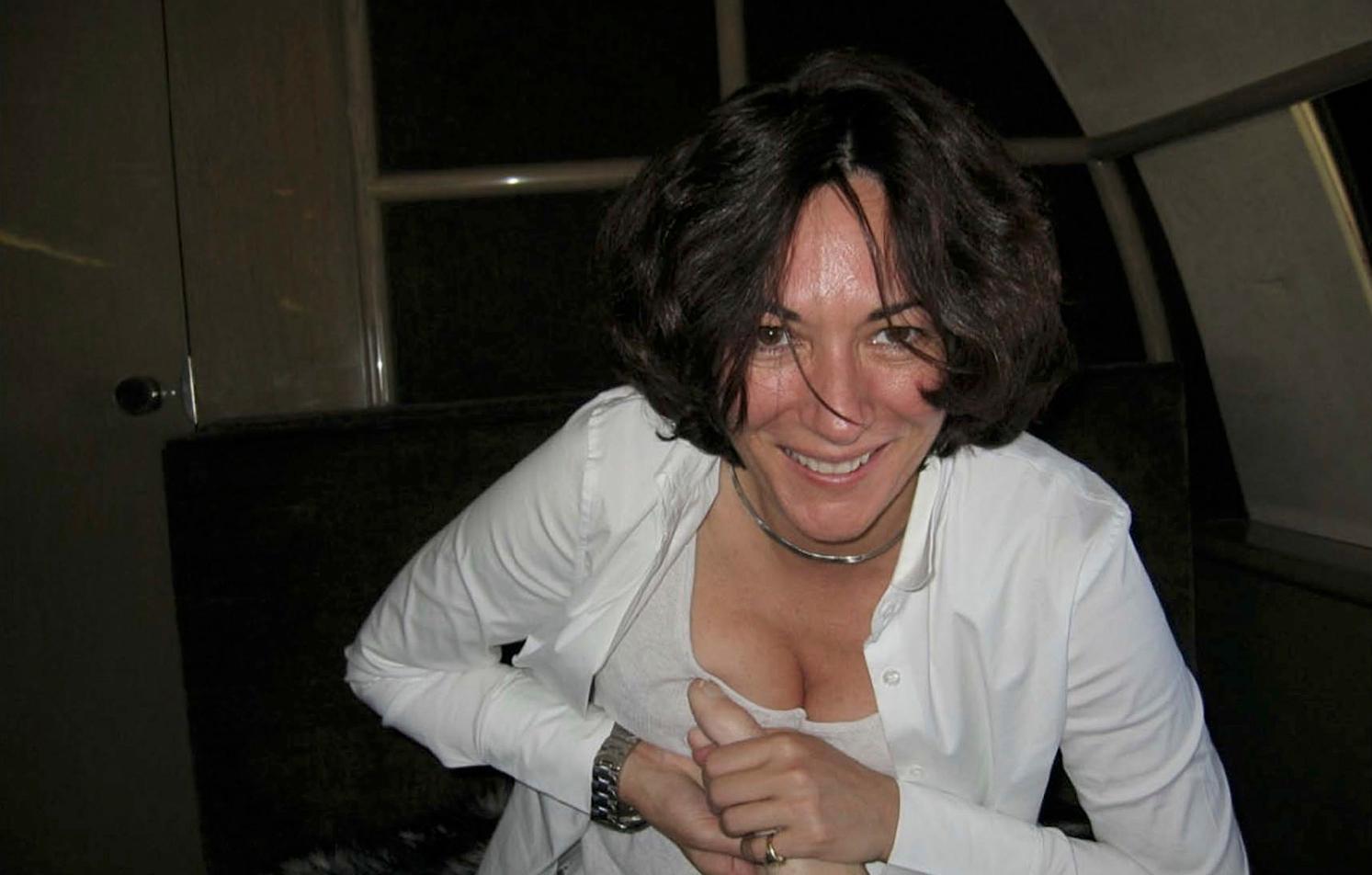
2. The Judge Allegedly Mishandled A Jury Question
Another issue that could be raised on appeal, states The Mail, is how Judge Nathan handled the jury's question about count four – transportation of an individual under the age of 17 with intent to engage in illegal sexual activity – on which Maxwell was convicted.
The jurors' question, which pertained to accuser Jane, was written in a note that read, "If the defendant aided in the transportation of Jane's return flight, but not the flight to New Mexico, where/if the intent was for Jane to engage in sexual activity, can she be found guilty under the second element?"
Maxwell's attorneys argued the "significant purpose" of the trip was not that "Jane engaged in illicit sexual activity," as required by the law, and claimed that she was "just presumably going home."
But Nathan decided the jurors' inquiry was "ambiguous" and told them, "I don't know what the question means. It's too difficult to parse factually and legally."
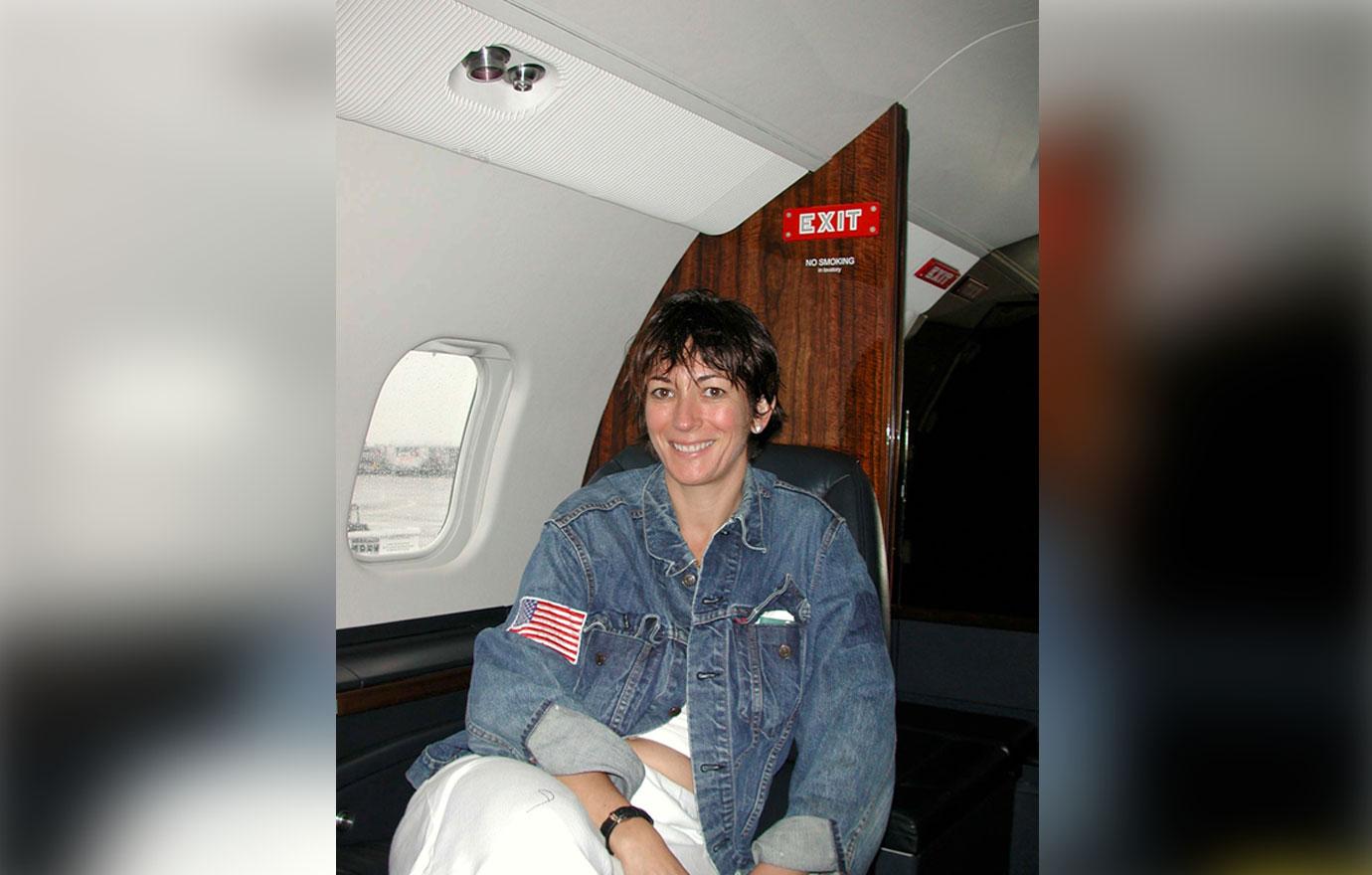
3. The Inclusion Of Annie Farmer's Testimony
Another question the jury asked Judge Nathan pertained to accuser Annie Farmer.
The panelists wondered if they could consider her testimony for the counts of conspiracy to entice and transport a minor to travel to engage in illegal sex acts, for which Maxwell was also convicted.
"The answer is yes," replied Nathan. "You may consider it."
But Maxwell's team expressed concern that such allowance would entice the jury to use Farmer's testimony "more broadly" than it should.
Her attorneys wanted to remind jurors that Farmer's allegations were not "illegal sexual conduct," as charged in Maxwell's indictment.
Nathan rejected the argument as "nonresponsive to their question," which could come up in an appeal.
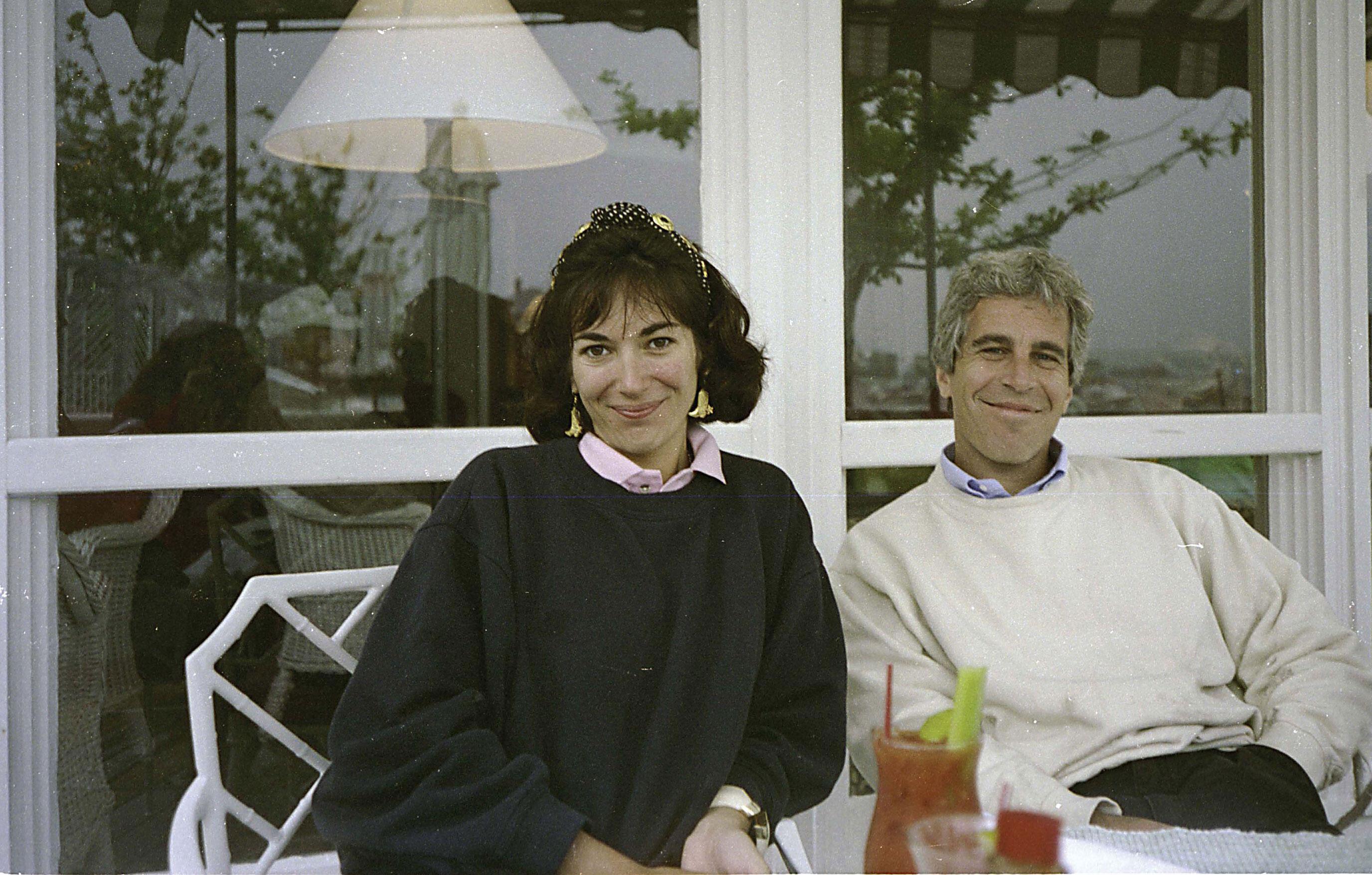

4. The Judge's Alleged Mishandling Of Problems Calling A Defense Witness
Maxwell's lawyers may also point to the way Judge Nathan handled their issues with calling one of their witnesses.
They had asked for help from the U.S. Marshals to compel a woman named Kelly Bovino to come to court to testify.
Nathan sounded exasperated at the prospect of a delay in the trial, noting that the defense knew for two weeks that Bovino was not replying to its subpoena.
"We're being given one day to put on a defense, one-and-a-half days, and there is one witness that we're having problems with," begged Maxwell's lawyers. "We're not asking for some weeks' long delay."
But ultimately, Nathan rejected the request.
